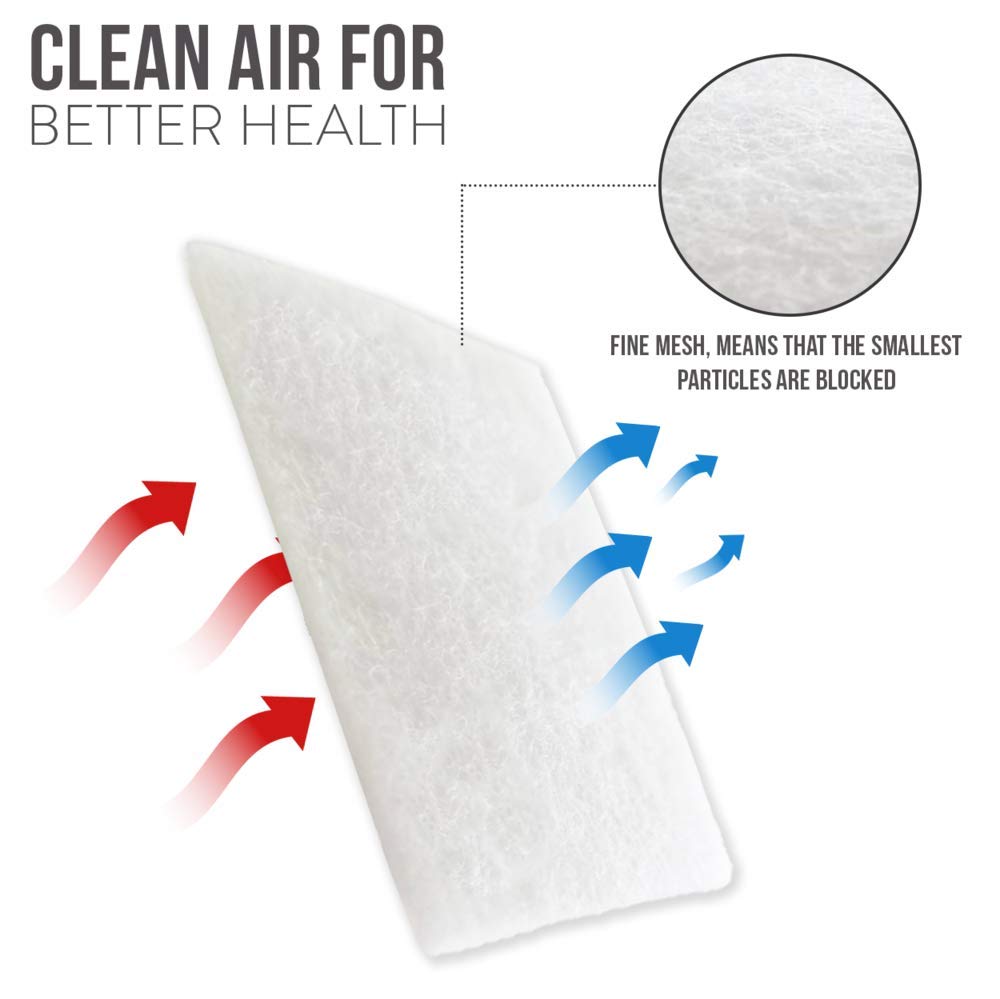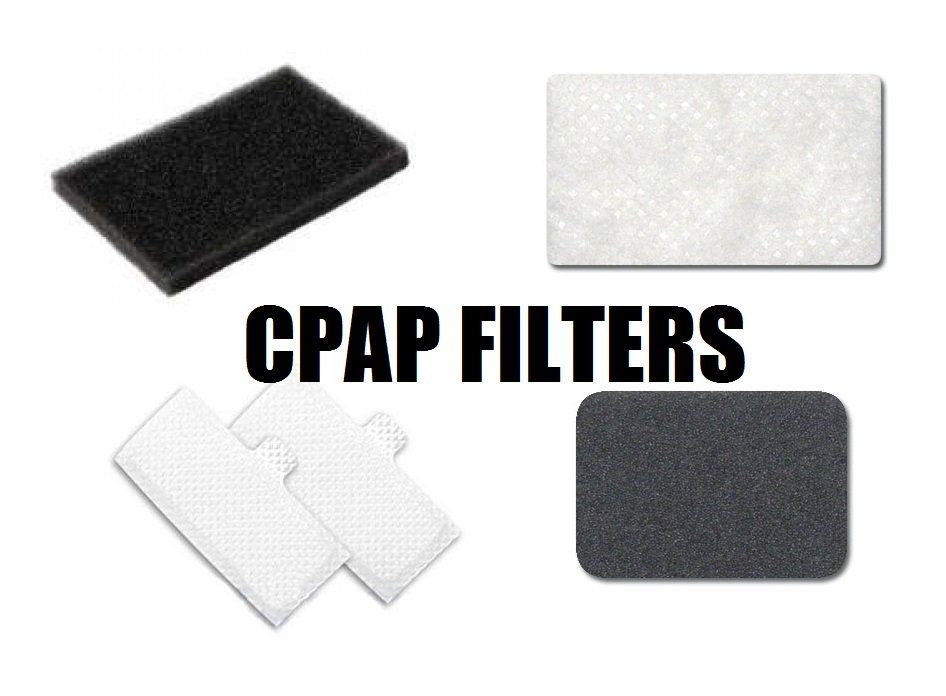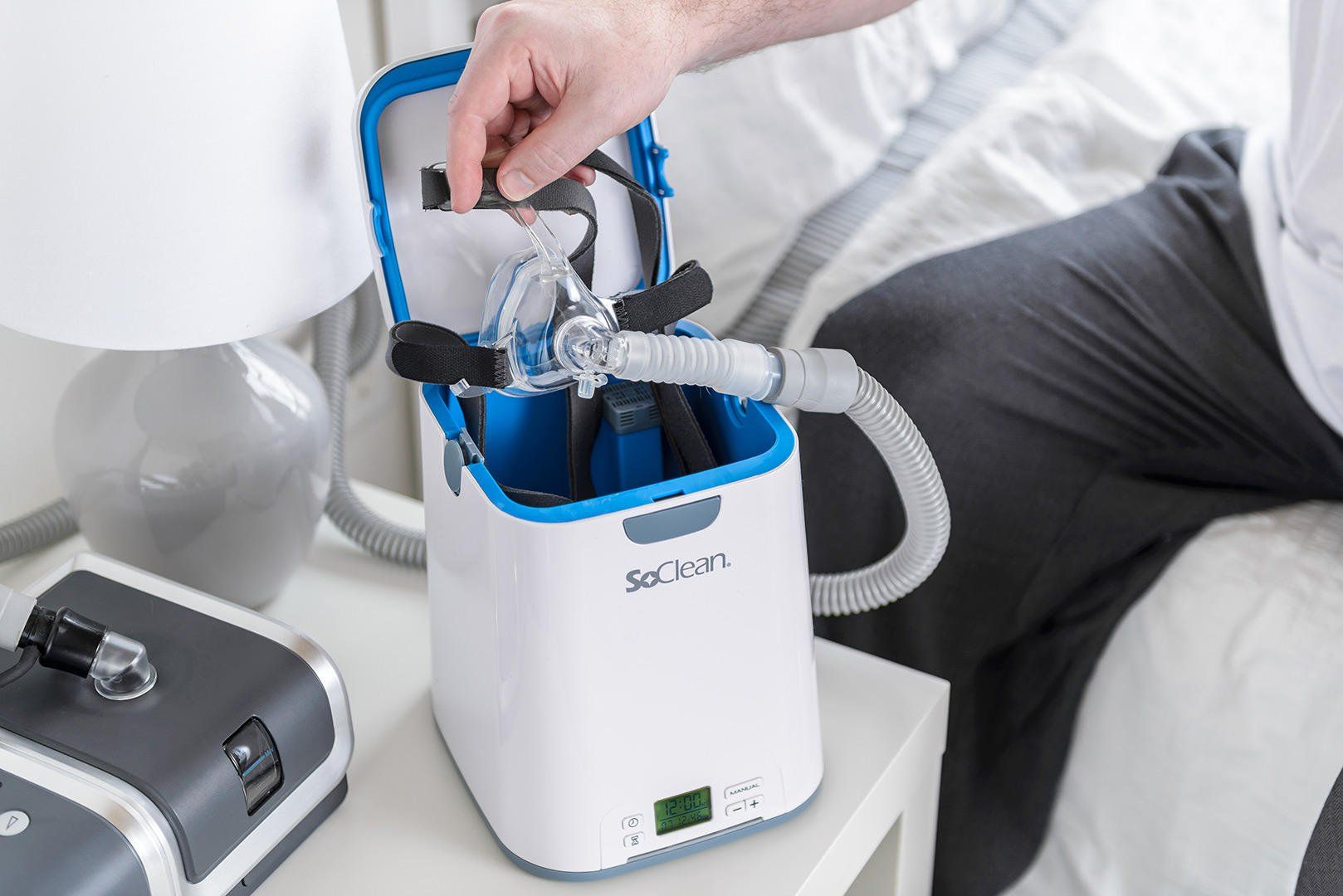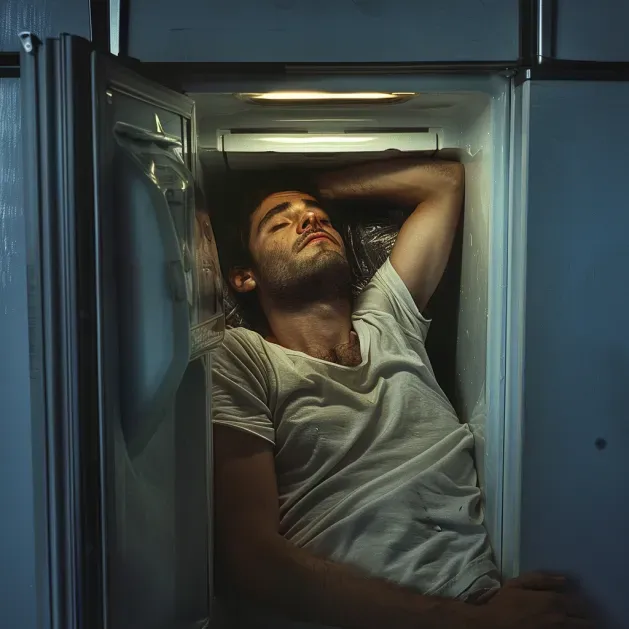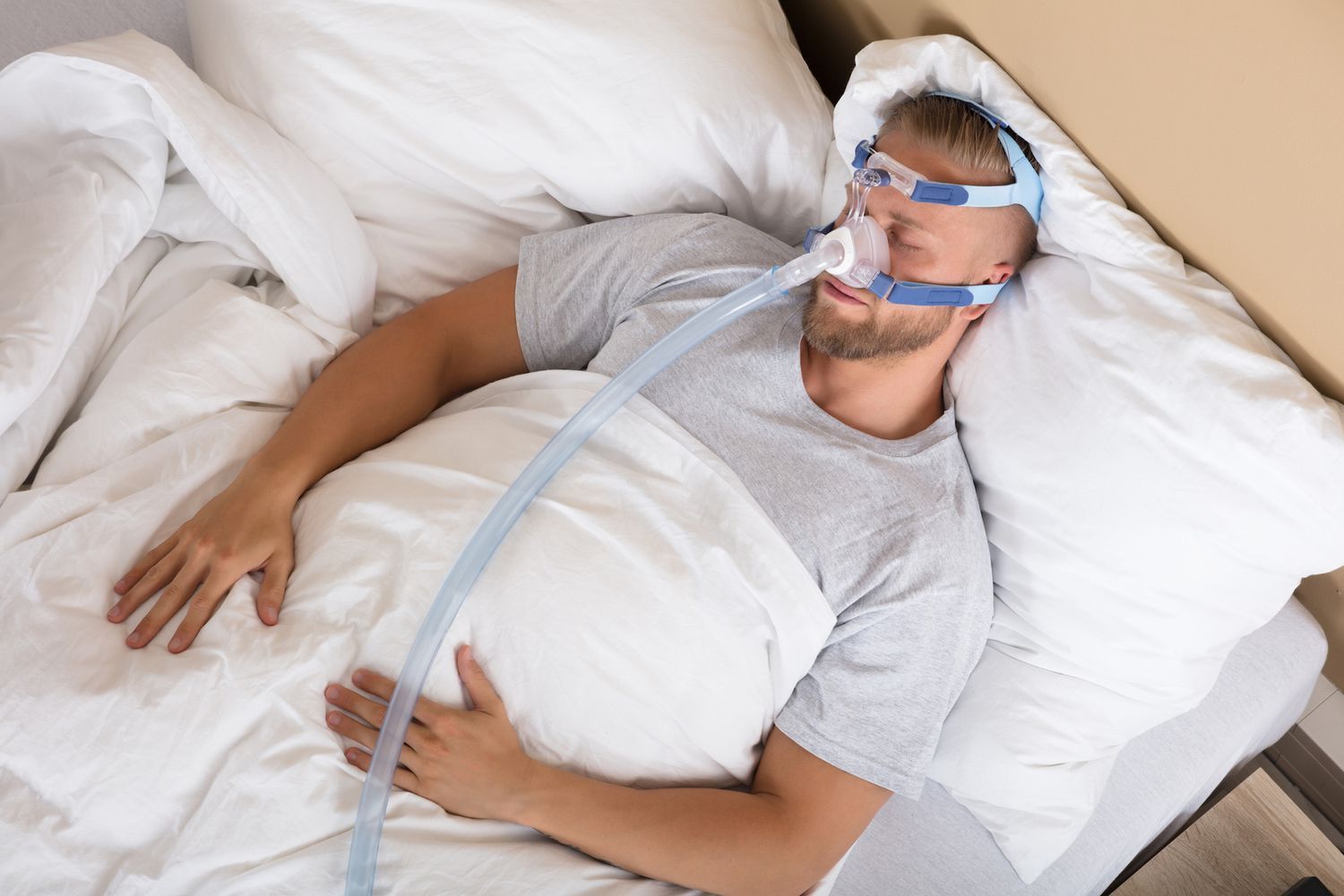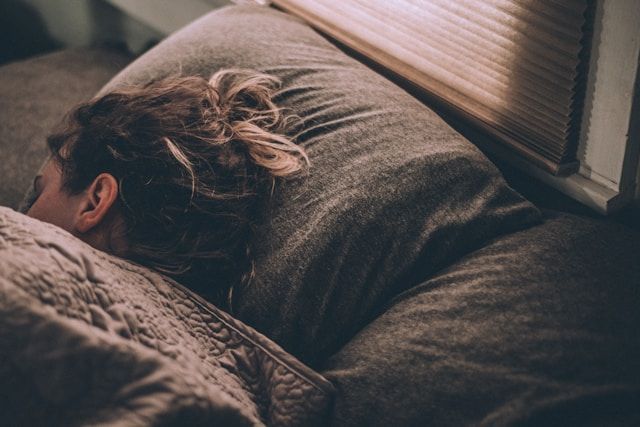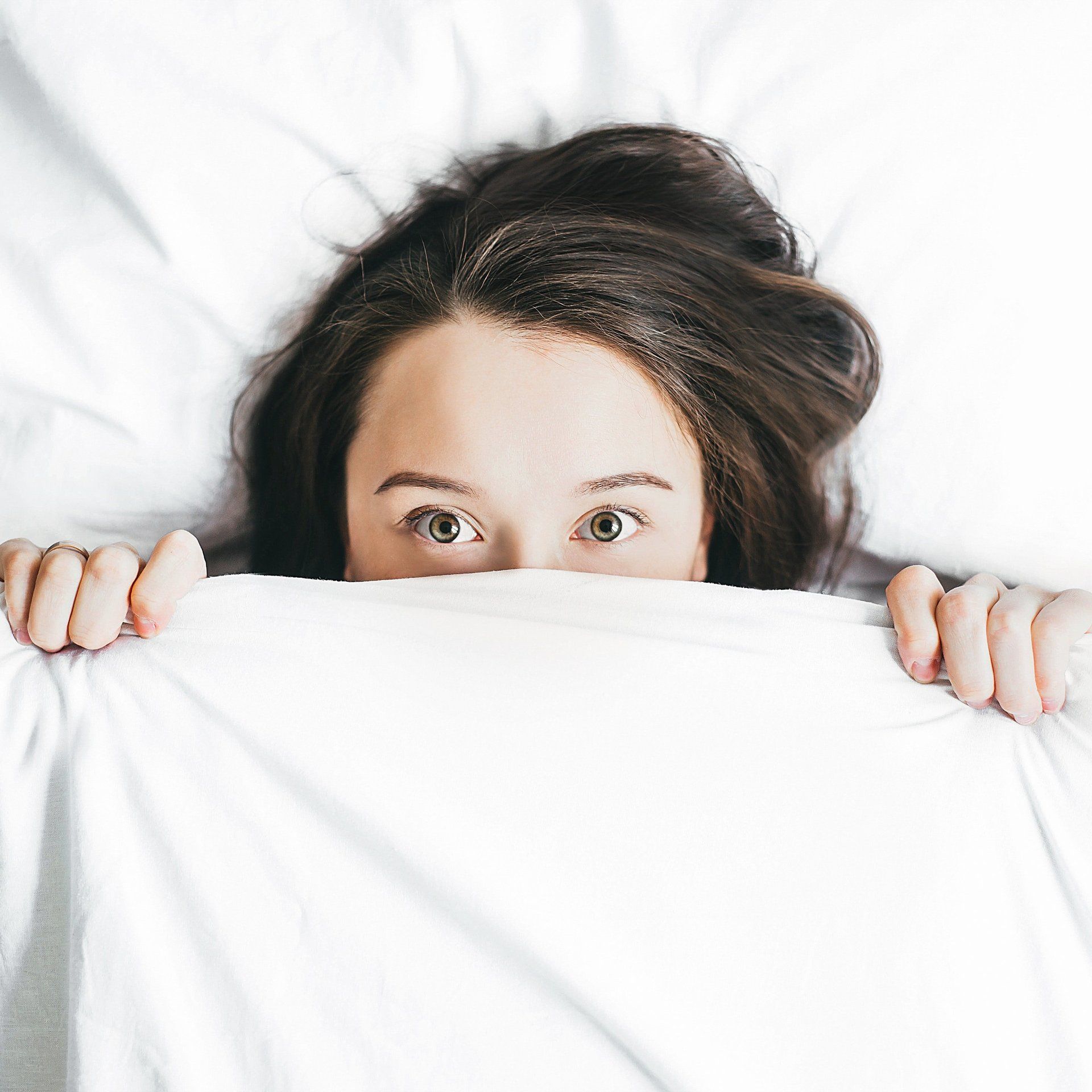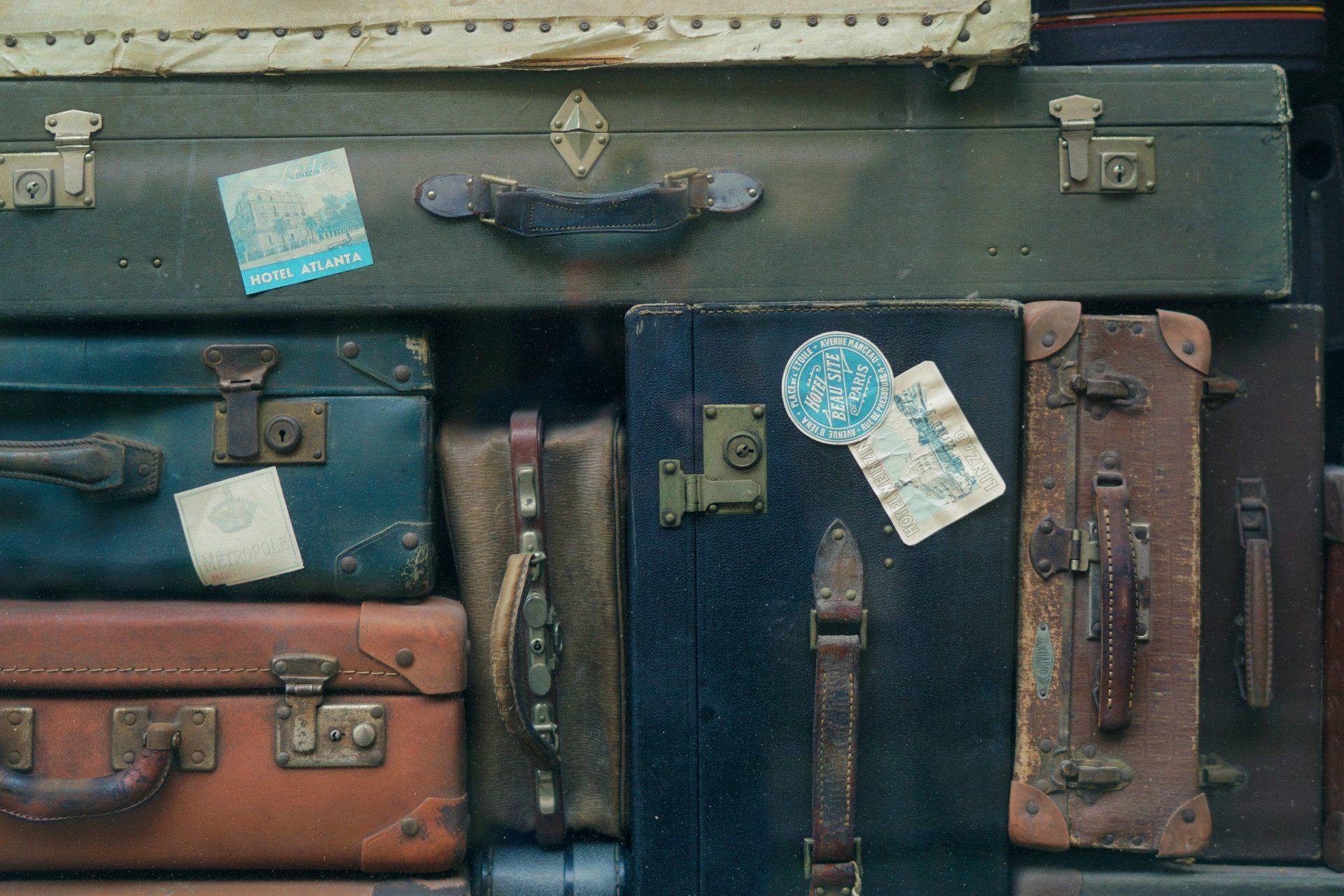The Importance Of Changing The Air Filter In Your CPAP Machine
Positive Sleep Solutions • November 19, 2019
Clean Air

While it might seem logical to only replace components of your CPAP machine when they appear dirty or worn, there are many reasons to proactively care for and replace supplies on schedule. The air filter on your CPAP machine is responsible for respiratory health, so keeping the filter in top shape should be a priority for the well-being of anyone who deals with sleep apnea.
Benefits fo Clean Air
The simple and consistent change of the CPAP air filter can have incredibly positive effects on the quality of sleep as well as the overall health of your lungs. Not only is a clean air filter positive for your health, it also improves and prolongs the quality of your machine. Protecting this investment will lead to additional years of efficient use of your CPAP machine, which can save you money in the long term through preventative measures: the better you take care of the tubing and filter system components, the longer use you will get from them.
Caring for your sleep apnea is crucial, and doing so properly will greatly benefit the quality of health and life. Leaving sleep apnea untreated can result in a risk of high blood pressure, heart attack, stroke, and even increase the risk of heart failure. Sleep apnea is a condition that requires long-term management, and with tools like the CPAP machine and affordable replacement supplies, this becomes an easier task to face.
When to clean your air filter
While most components of the CPAP machine should be replaced every few months, the CPAP air filter must be cleaned or replaced monthly, depending on the type of filter in your machine. A CPAP filter can easily catch bacteria in the air. These bacteria can infiltrate your respiratory system if the filters are dirty. Most filters should be replaced every 4 weeks. Homes with smokers or pets should replace it more frequently.
Types of CPAP Filters
All CPAP machines use an air filter. Most are foam, while some offer finer filtration with the addition of a disposable paper material. There are also hypoallergenic styles for ResMed machines. Foam filters should be replaced monthly and cleaned with a gentle detergent often. Disposables should be discarded and replaced monthly. It should be noted that any issue with airflow might be related to the filter, as clogged filters can affect the amount of air traveling through the machine.
Clean your machine daily
CPAP filters should be cared for often, and replaced ritually whenever they appear to become discolored. It is important to replace the filter monthly either way because the buildup of bacteria ultimately cannot be cleaned out enough to ensure a clean environment.
Since the machine is used on one of the most sensitive areas of your body with direct contact to your mouth and nose, it is very important to make sure the machine is in proper working order and is kept in sanitary condition. With continued use of the CPAP machine, you will begin to notice a regained mental focus, lower blood pressure, and an overall increase in health and happiness. Ensuring proper care of your machine will only add to these positive effects.

How REM Uses Energy Despite the fact that you are resting, your body still consumes energy when you sleep. Energy use is particularly high during REM (rapid eye movement) sleep. During this time, your brain is highly active and you burn the most glucose, your body’s source of fuel. Your heart rate and blood pressure also rise during this time, which burns more calories. Other Calorie-Burning Activities During Sleep During the night, your body goes to work repairing any damage done on a cellular level during your waking hours. For instance, if you exercise during the day, your muscles will recover and repair themselves at night, which requires energy. Food digestion also uses energy, as your body breaks down your meal into usable fuel for the following day. How Many Calories Can You Burn? The amount of energy you use during sleep depends on a number of factors, including your basal metabolic rate (BMR), which determines the amount of energy your body needs to maintain its most basic functions. This includes breathing, blood circulation, and keeping your organs running. How much you weigh plays a role in setting your BMR: The more pounds you are carrying, the more energy you use. Finally, the amount of sleep a person gets influences calories burned as well. For example, a healthy person who weighs 125 pounds burns approximately 38 calories per hour of sleep, so you can multiple that number by number of sleep hours to see approximately how many calories are being burned. - Thanks to the National Sleep Foundation
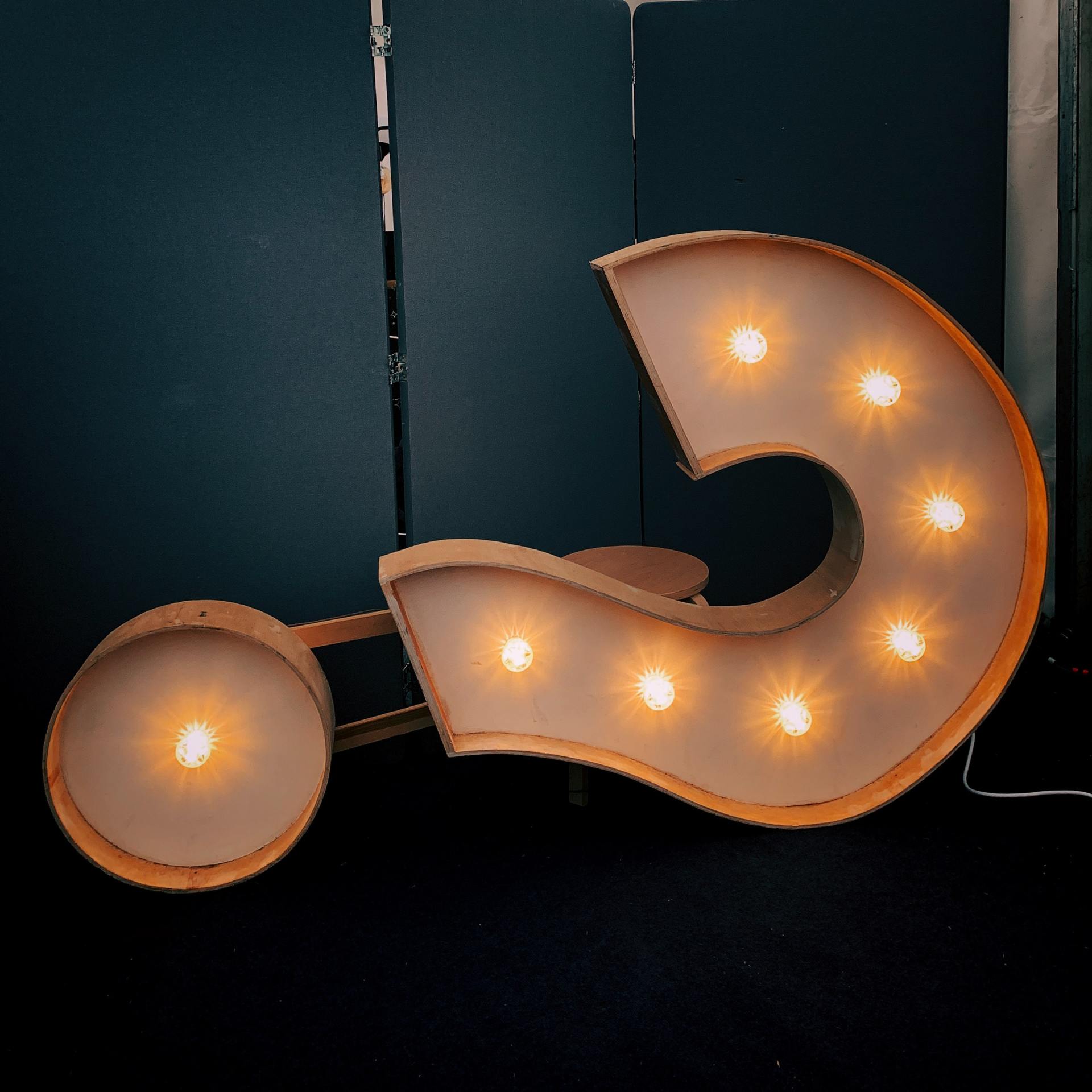
It can get a little confusing when it comes to figuring out whether or not you need a humidifier, a dehumidifier, or an air purifier. The answer to which you need isn’t quite black and white and can be one or the other or even all three depending on several factors. To figure out what you need, it’s best to understand what each one does. Humidifier Humidifiers are portable units that increase humidity levels in the air. The air in our homes can become too dry when we live in dry climates or during the colder months when the heat is turned up, causing the air to dry out. Dry air can also damage valuables, such as art and musical instruments, as well as dry-out and warp wood floors, panelling, and furniture. Humidifiers may help you prevent the following: Allergy Reactions Nasal and Throat Irritation Nosebleeds Dry Skin Cracked Lips Breathing Difficulties Dehumidifier Dehumidifiers take humidity out of the air. Too much humidity in the air can cause breathing complications in those with COPD and asthma. Excess moisture in the air can also cause mould and help dust mites grow and thrive. People living in hot and humid climates tend to have too much moisture in the air of their home, and summertime and warm temperatures increase humidity levels for those not living in especially humid climates. Also, homes that are damp due to leaks and poor ventilation also have too much humidity in the air. Dehumidifiers work best on places such as: Basements Bathrooms Kitchens Bedrooms Air Purifier Air purifiers clean the air in the home. They take in air that is then passed through a series of filters. People with asthma and allergies are especially prone to complications when breathing in air that contains dust and other allergens. An air purifier continuously filters the air you breathe for cleaner and healthier air, as well as less dust to clean. Air Purifiers helps eliminate airborne pollutants such as: Dust Pet Dander Smoke Pollen Airborne Allergens and Pollutants So Which Do You Need? In reality, most people who want their climate to be as clean and healthy as possible choose to use all three depending on the time of year. An air purifier is helpful year-round, especially if someone living in the home is a smoker or suffers from allergies or asthma. During the winter months when the heater is on, a humidifier helps maintain the moisture in the air that you need to breathe better, especially when you or a loved one has cold or breathing difficulties. And during the summer months when humidity levels rise or in a home that is especially damp or has mould; a dehumidifier can help you control mould and mildew and make breathing easier by taking away the excess water vapours in the air. Each type of unit has its benefits and be useful during certain times of the year or in certain climates. Those with allergies or asthma and those concerned about the quality of the air they breathe might consider using all three as necessary.
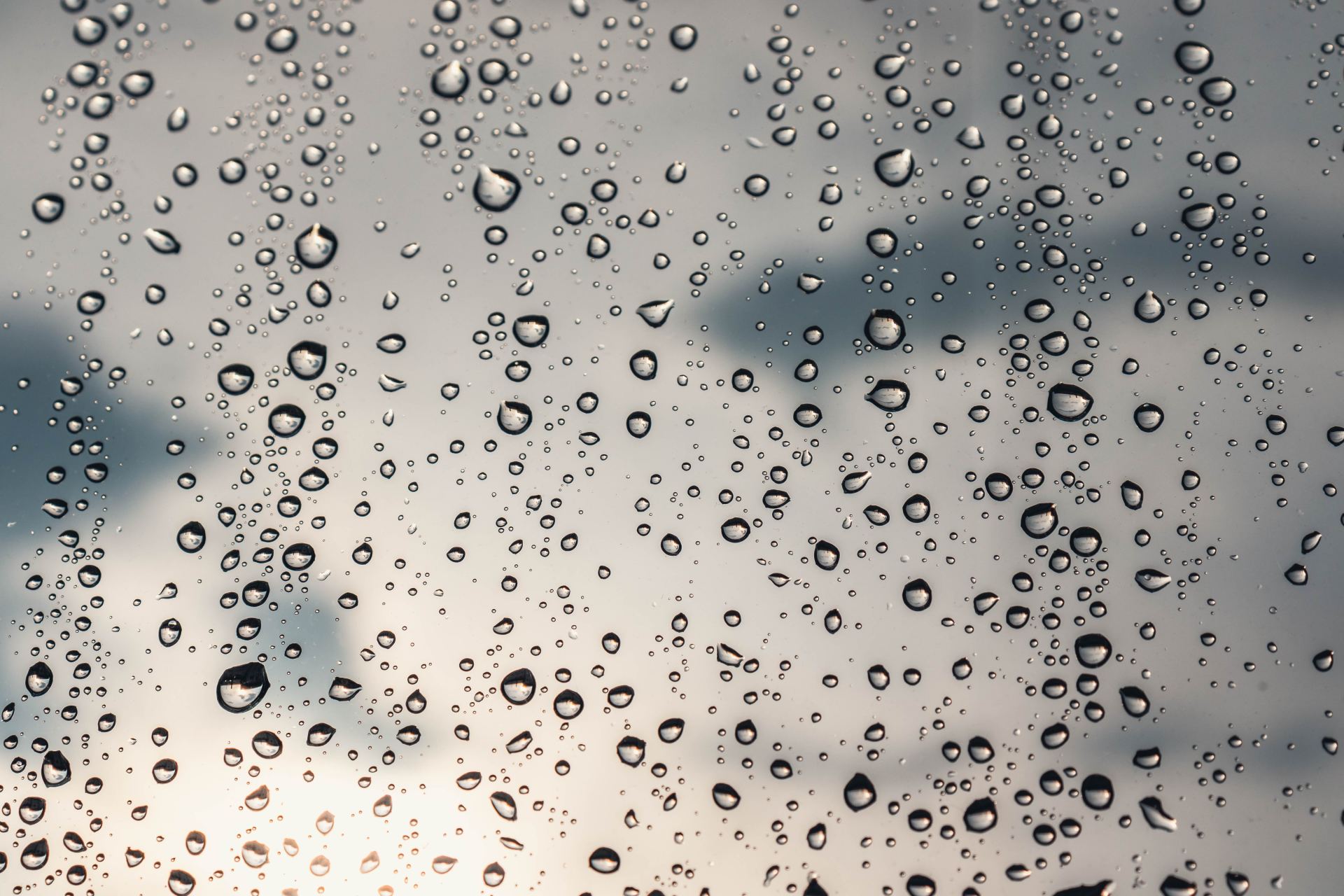
Have you ever woken up to water in your mask? Ever noticed a lot of condensation in your tubing? Has water in your hose ever stopped you from using your CPAP? This is known as CPAP rainout. What is rainout? And why does it happen? What’s the big deal with moisture in the air? The normal function of the upper airway is to heat, humidify and filter the air that you breathe into your lungs. If you have been diagnosed with sleep apnea and are using CPAP (continuous positive airway pressure), the device is blowing air into your airway all night long and you may have some leak of air through your mouth or mask. This can cause dry airways and inflammation. Studies show up to 70% of CPAP users experience nasal congestion, drynoseand throat, sore throat, nose bleeds (epitaxis) or discomfort from the cold airflow CPAP. Heated humidification can reduce airway dryness and increase compliance.
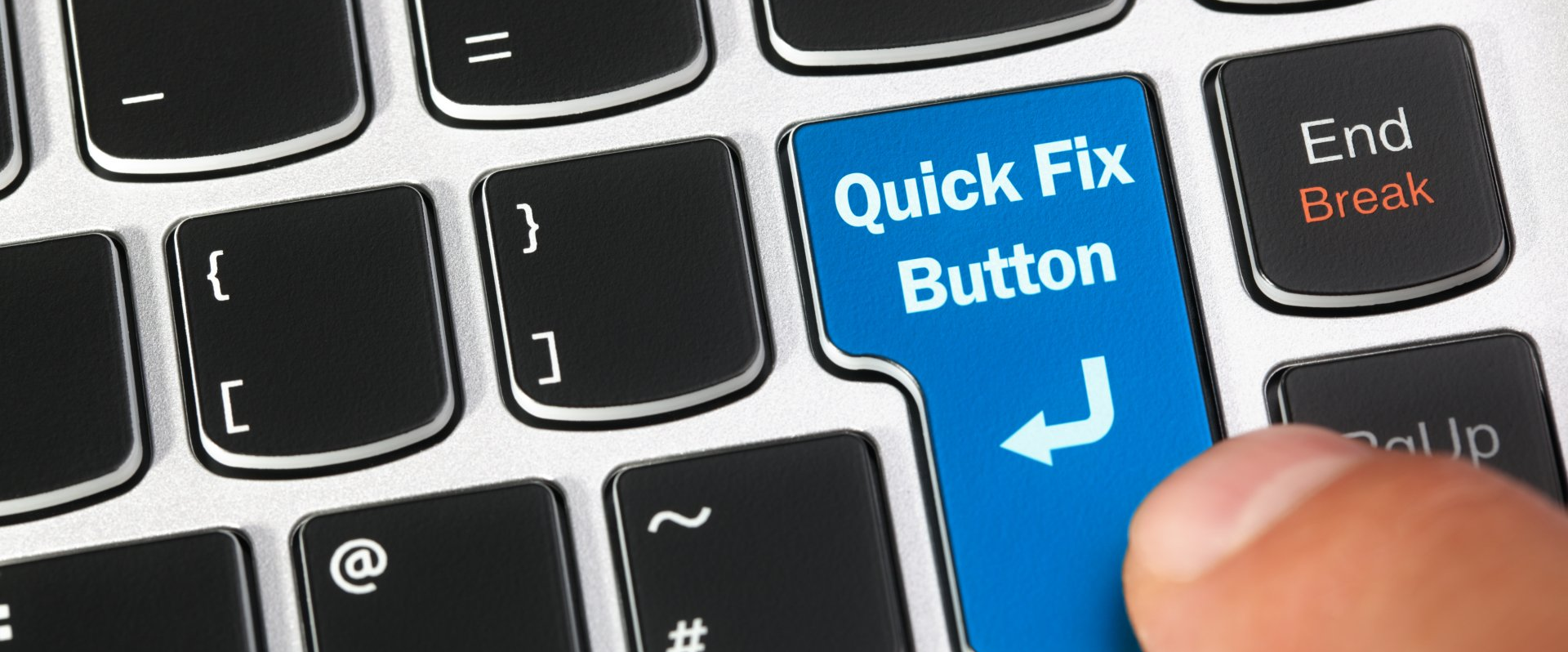
If you have ever worked in a sleep lab you know there was never a shortage of patients that had a lot of issues getting acclimated to a cpap for the first time. A lot of those patients continued to have issues with their CPAP once they got home. Current research estimates that the compliance rate for CPAP (how many people use CPAP more than a few months) is approximately <60 percent, one common explanation as to why that percentage is so low is that patients continue to have a lot of CPAP issues at home and don’t know who to ask to resolve them. Here are 5 common CPAP issues and how to resolve them: 1. How do I get used to wearing a CPAP mask?/I’ll never get used to wearing a CPAP mask. Take baby steps getting accustomed to your mask! Try wearing the mask during the day when you're watching TV or reading a book. Sometimes simply wearing the mask while you're cooking or even surfing the Internet can help you get used to wearing it at night. Once you become accustomed to how the mask feels on your face, start wearing the CPAP mask every time you sleep at night, even during naps. 2. My CPAP mask is uncomfortable to wear at night Ask your doctor, sleep tech, or CPAP supplier/DME to show you how to your mask is supposed to fit, check the manufacturers patients instructions online. The key to this is no matter your issue there are 100’s of different styles of masks available, you might have to try a couple different masks until you find the one you are comfortable with. Here is a link to the different types of masks that are available at positivesleepsolutions.com http://c7040b26.sitemodify.com/store1/CPAP-Masks-c32194217 3. I can't tolerate the forced air that well. Most CPAP machines are equipped with what’s called a “ramp” feature. The "ramp" feature allows you to start with low air pressure, which is then followed by an automatic, gradual increase that eventually sets itself to the pressure you were prescribed by your doctor. The rate of this "ramp" feature can be adjusted by your doctor as well. If your issues continue consult with your physician about a bipap machine. 4. My nose is running or stuffy after I wear my CPAP mask! My nose is clogged and I can’t breathe in or out with the pressure on! First, check if your CPAP device comes with a heated humidifer. Usually these symptoms can be alleviated by the use of a humidifier. If your machine does not have one, consider getting one that allows you to adjust the level of humidification. Consider using a nasal saline spray at bedtime to prevent your nose from over drying/clogged. And finally, make sure that your mask is actually fitting well-even the smallest leaks can contribute to your dry nose. 5. Why do I have dry mouth after wearing my CPAP mask? If you breathe through your mouth at night or sleep with your mouth open, CPAP may worsen dry mouth. A chin strap may help keep your mouth closed and reduce the air leak if you wear a nasal mask. Another common issue is your pressure may be too high and you may need your machine adjusted by your CPAP provider, ordering doctor. But once again, make sure that you're wearing the right kind of mask and try adjusting your CPAP machine's heated humidifier to see if that helps.

